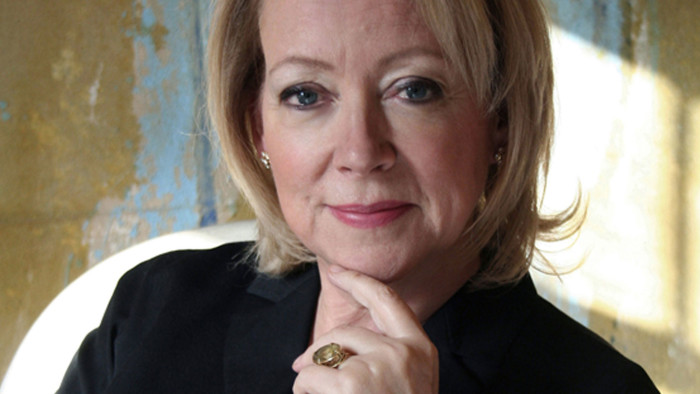Women in Business — Lynda Gratton

Simply sign up to the Business education myFT Digest -- delivered directly to your inbox.
Lynda Gratton is a professor in management practice at London Business School, which she joined as an assistant professor 25 years ago, and is a specialist in human resources issues. Her early years were spent in Liverpool but her family moved to the Lake District when she was 11. Her first full-time job was as a psychologist at British Airways and her latest book is called The Key.
Who are your greatest business influences?
I read a great deal and try to read widely. One of the themes I often come back to in my writing is the power of relationships. I think philosophers like Bertrand Russell really understood this. I am also interested in the wider context of work — particularly globalisation and technology — so for me the writings of the sociologist Anthony Giddens have been very influential — he really understands the complexity of it all.
What has been your best business decision?
To start my own research group, The Hot Spots Movement, because it means that at any point in time my ideas can be turned into action. It also gives me an opportunity to work with some really creative and interesting young people. We are based in Somerset House and work with more than 50 companies around the world.
What has been your best business trip?
I have been to Japan many times — but last year I went to talk about my book The Shift — which had become the best selling business book in Japan. In fact it outsold Fifty Shades of Grey — though sadly only in Japan. I lectured at Tokyo university, went on a couple of television shows and spoke to a group of 500 women. It was a blast. My sons were with me, so we then went up to Kyoto and cycled madly around and ate the most fabulous food.
What do you enjoy most?
I love variety and autonomy. I travel a lot all over the world to speak and I like to meet people and hear their stories. When the kids were younger they often travelled with me and so I had the delight of showing them the world as well. These days I like to mentor others. We have some brilliant young professors at London Business School, who are a delight to be around, and my team at the Hot Spots Movement keep me on my toes.
What are you finding the most difficult?
I was 60 this year and I believe that mine is the generation that will reinvent the way we think about ageing. I am writing a book about the 100-year life, so this is very much in my mind. I guess what I am finding challenging is reinventing the way I think about my life and how I plan for the next 40 years.
What are the gender dynamics like?
We try at London Business School to have equal representation of men and women on all our programmes. This has proved tough and we are lucky to get beyond 35 per cent of women in most classrooms. We have made gender balance a priority — but the challenge is that fewer women apply to business school. So we do a lot to reach out and show women what they would gain from being a member of our community. We have also brought in a great deal more women into faculty positions.
What has been the best advice given to you?
My father used to say: “Don’t conform”. It meant I had permission to become what I wanted to be and to explore many routes to happiness and productivity. He also said: “Make sure you get your head down and work hard.” This is the lesson I give to my children.
What are your top tips for networking?
I do not consider myself a networker, so it was a surprise when I was named on the GQ 100 most networked women list. Like many academics and writers I prefer being on my own for periods of time. I get my ideas across by writing books and so people tend to connect to me because they are interested in what I am writing about. I am a faculty of the World Economic Forum, so I get to go to Davos, which is the most networked place on earth. But I like to observe and listen rather than be at the centre of things.
If you could do it all again, what would you do differently?
I would not do it differently. I made one really big decision in my working life. At 32, I was the youngest director at PA Consulting Group with a big salary. I wanted more autonomy and freedom so I left to become the most junior professor at London Business School with a tiny salary. But it meant I could write, spend time with my young sons, and travel all over the world. I teach a class now at London Business School about preparing for the future and what I tell my students is to work hard and to go with your passion. I hope I have done that.
What is your plan B?
I keep my options open. It is the advice I give my students at London Business School. Options allow you to switch and to morph across different ways of living as circumstances change.
Comments